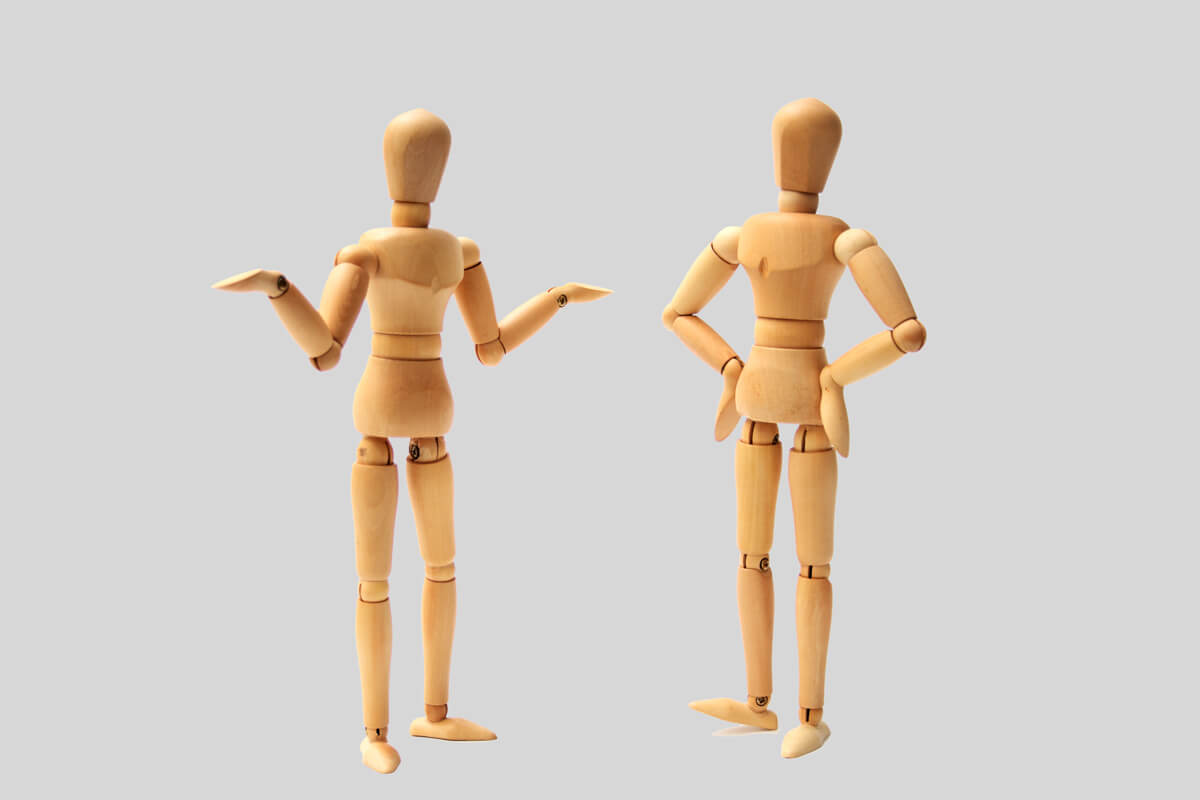Reading body language lets you measure people’s intentions and how they’re responding to what you’re saying. Conversely, it would be best to be mindful of any body language signals you’re sending that would benefit or undermine what you seek to achieve.
In conversation, avoid folding arm gestures. Crossed arms are considered a closed and defensive position and signals you’re uncomfortable and not open to what’s being said. The same goes for crossing your legs, either while standing or sitting.
Instead, assume an open position. Such gestures include standing tall with your legs apart, chin up with open hands choreographing what you’re saying. These are signs that convey you’re comfortable and confident.
Avoid any mouth-covering gestures. They’re associated with deception and the withholding of information. For example, a single finger over the mouth, as in the “shhh” gesture, indicates that you don’t want to say what you’re feeling.
Also, hand-to-mouth gestures are sometimes disguised as a fake cough or clearing of the throat. You’ll notice such behavior in old gangster movies where actors signal they’re secretive or dishonest.
Most hand-to-chin gestures, such as the hand rubbing the chin, are considered positive evaluation gestures. They indicate that someone is engaged and thinking about what you’re saying. However, you should avoid any gesture that involves the hand supporting the head. This is a sign of boredom — or worse — a negative or critical attitude.
Body language subconsciously conveys how a person feels or reacts to what is being said. Your ability to understand both the body language you communicate and the body language you see will help you negotiate and succeed in your endeavors.


Leave A Comment